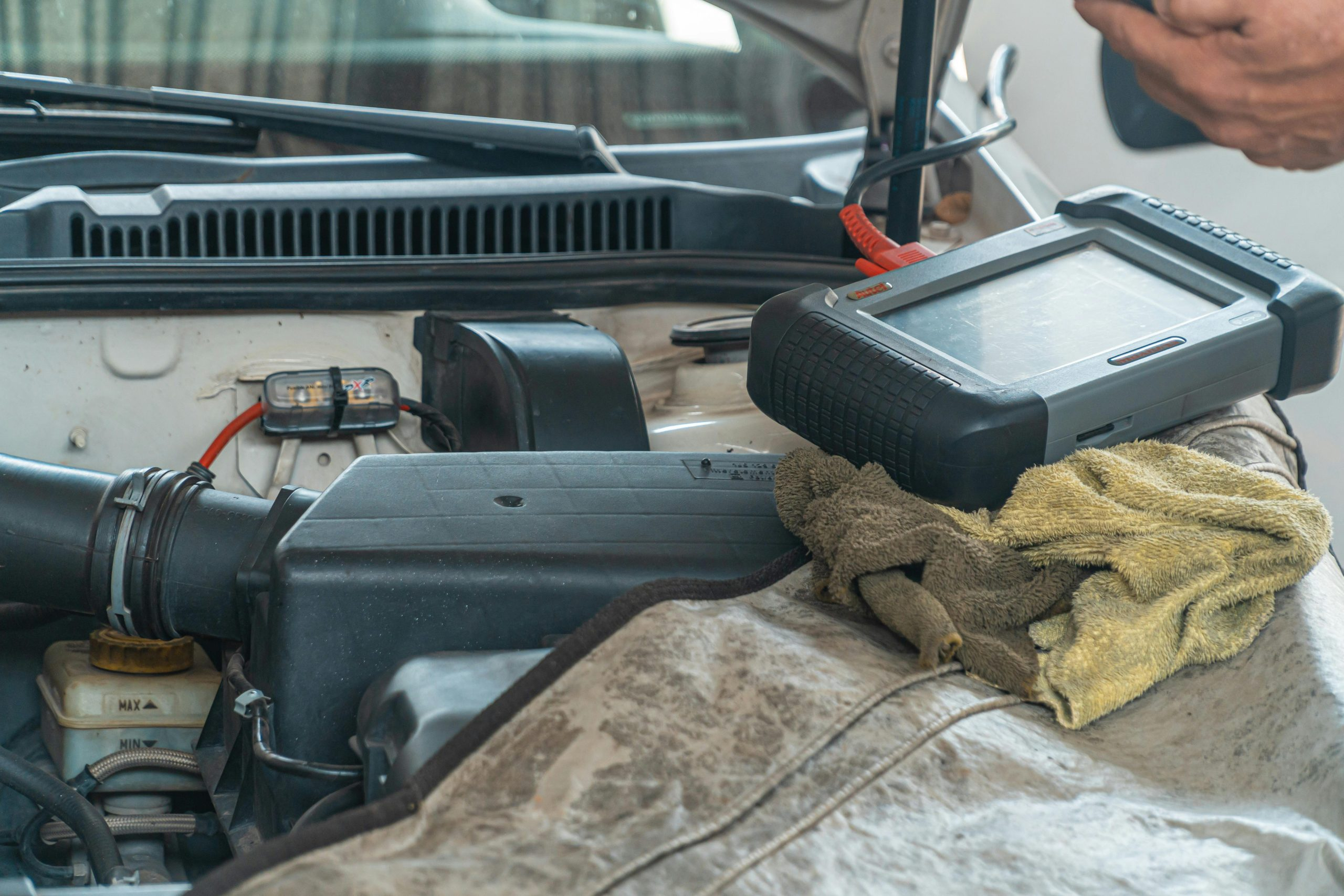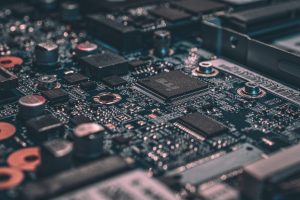Eyewitness Testimony Under Scrutiny: How Neuroscience Is Changing Trials
Eye witness testimony has long been considered a vital piece of evidence in criminal trials. It carries significant weight in determining the guilt or innocence of a defendant. However, recent developments in the field of neuroscience have brought this type of testimony under scrutiny. The use of technology and scientific methods to study the human brain has revealed flaws in eyewitness accounts, leading to many cases being overturned. With this new understanding, the justice system is now facing a challenge in determining the reliability of eyewitness testimony and how it should be used in trials. In this article, we will explore how neuroscience is changing trials and the implications it may have on the justice system.
The Importance of Eyewitness Testimony
An eyewitness testimony is a written or spoken account of an event given by someone who witnessed it. It is often considered one of the most powerful pieces of evidence in a criminal trial, as it provides a first-hand account of the crime. Jurors tend to trust the testimony of an eyewitness more readily than other types of evidence, such as physical evidence or expert testimony. This is because it is human nature to believe what we see and hear.
Prosecution relies heavily on eyewitness testimony to convict the accused, and jurors often base their decision solely on the credibility of the eyewitness. Unfortunately, human memory is not as accurate and reliable as we would like to believe. Our memories are easily influenced by external factors, such as leading questions, misinformation, and stress. This is where neuroscience comes in.
The Flaws in Eyewitness Testimony
Memory can be altered and manipulated
Our memories are not like videotapes that can be played back accurately. They are instead reconstructed every time we recall them. Our memories are not stored in our brains like files, but rather they are aspects of our past experiences that are stored throughout our brains. When we try to recall an event, our brain pieces together bits and pieces of information from different parts of the brain. This is why memories can be influenced by external factors and can be changed over time.
Neuroscientists have also found that our memories can be implanted with false information. In a now-famous study by Elizabeth Loftus, participants were shown a video of a car accident and later asked how fast the cars were going when they hit each other. The wording of the question was manipulated, with some participants asked how fast the cars were going when they ‘smashed’ into each other and others asked how fast they were going when they ‘hit’ each other. Those who were asked about the cars ‘smashing’ reported higher speeds than those who were asked about the cars ‘hitting’.
Stress and Anxiety affect memory
It is also common for witnesses to experience stress and anxiety during a crime, which can affect their memory. In high-stress situations, our brain goes into ‘survival mode’, focusing on immediate survival rather than the details of the event. This can result in missing important details or even the creation of false memories.
Moreover, studies have shown that witnesses can be influenced by factors such as the presence of a weapon or the race of the accused. In one study, researchers found that participants were more likely to falsely identify someone of a different race when the weapon was present than when it was not.
The Impact on the Justice System
Increased scrutiny and wrongful convictions
With this newfound understanding of human memory, the justice system is facing a challenge in determining the reliability of eyewitness testimony. This has led to increased scrutiny of witness accounts, with defense attorneys using neuroscientific evidence to challenge the credibility of eyewitnesses. As a result, many cases have been re-examined and convictions have been overturned, leading to concerns about the potential number of innocent people who have been wrongfully convicted.
The need for reform
The impact of neuroscience on trials has sparked a debate on the need for reform in the justice system. Some advocate for strict guidelines on the collection and use of eyewitness testimony, such as having an independent observer present when the witness identifies a suspect. Others call for a shift towards more reliable types of evidence, such as DNA or physical evidence.
However, completely discounting eyewitness testimony may not be the solution, as it can still hold important details that can help solve a case. Ultimately, the justice system must find a balance between the use of eyewitness testimony and the potential for error.
Conclusion
Eyewitness testimony has long been considered a vital piece of evidence in criminal trials, but with the help of neuroscience, we now know that it is not as reliable as we once thought. Our memories are prone to errors and can be influenced by external factors, making eyewitness testimony highly unreliable. This has led to increased scrutiny and calls for reform in the criminal justice system. As we continue to learn more about the human brain, we must also continue to evaluate the use of eyewitness testimony in trials and ensure that justice is served with the most reliable evidence available.











